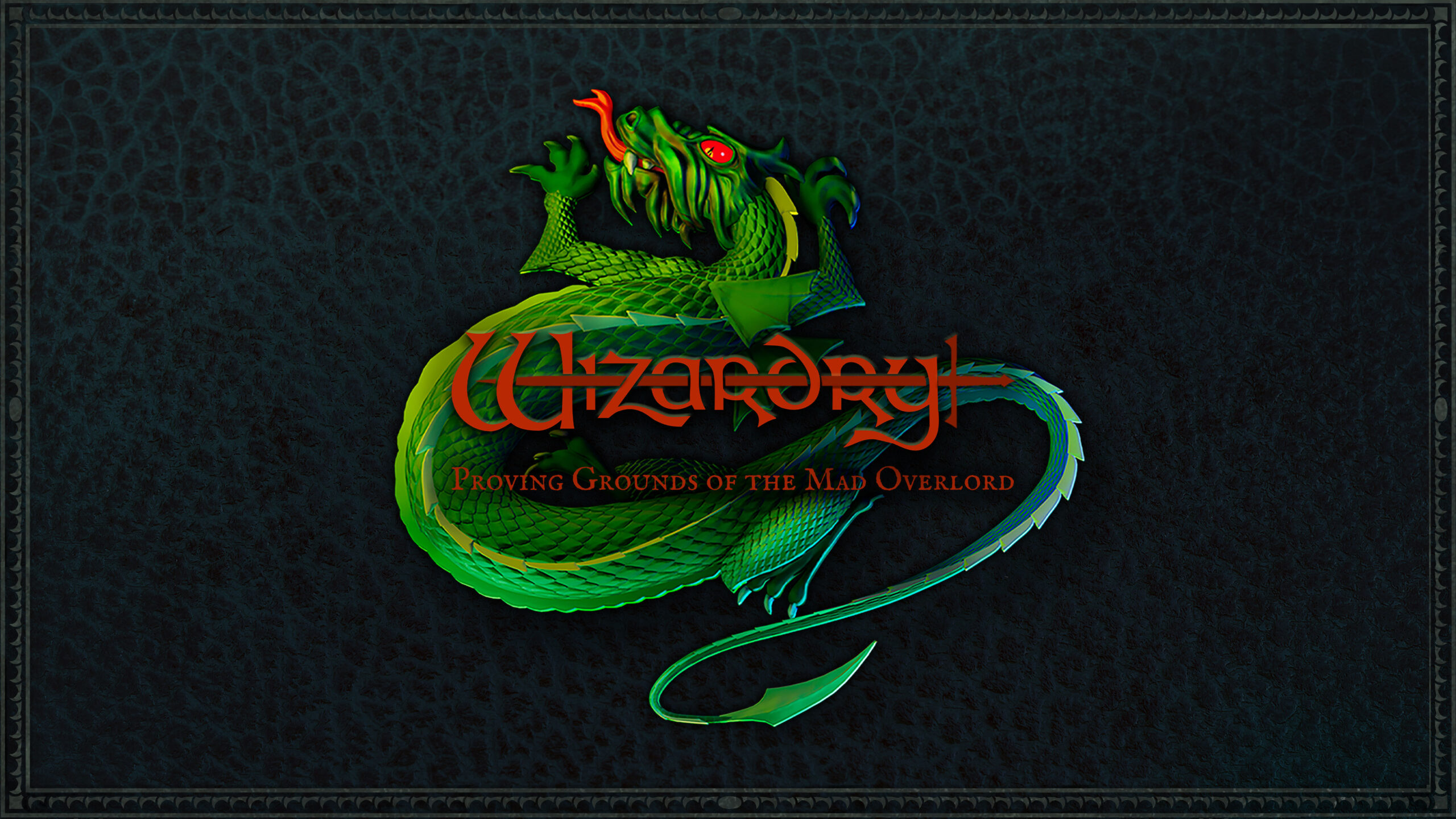
“We also wanted to preserve the brutality of the original game, because it is what inspired games like Dark Souls – their difficulty and the permanence of their progress is inspired by Wizardry,” Ian said. “So, we added some quality-of-life features in a way where, if you absolutely wanted the original experience, you could just turn them off.”
Creating an authentic yet accessible version of Wizardry for modern players required a deep level of digital archaeology. “As an engineer, you can see the flow of the original creative decisions just by looking at the code,” Ian said. “Wizardry’s code was authored well, which made it easy to read and understand. So, you can see things like a half-implemented feature, or something that was a feature that they removed.”
Looking into Wizardry’s original code, Ian could see all the information that the original game hides from players’ prying eyes. As RPGs have evolved over the last 40 years, players have grown to expect to be able to see this data up front, so we decided to reveal it.
“In the Apple II Wizardry, when you encounter an enemy, it’s unidentified, so you roll to try to identify it,” Ian said. “We thought: is there a way we can expand on that without interfering with the way the original system works?”
“We also wanted to preserve the brutality of the original game, because it is what inspired games like Dark Souls – their difficulty and the permanence of their progress is inspired by Wizardry,” Ian said. “So, we added some quality-of-life features in a way where, if you absolutely wanted the original experience, you could just turn them off.”
Creating an authentic yet accessible version of Wizardry for modern players required a deep level of digital archaeology. “As an engineer, you can see the flow of the original creative decisions just by looking at the code,” Ian said. “Wizardry’s code was authored well, which made it easy to read and understand. So, you can see things like a half-implemented feature, or something that was a feature that they removed.”
Looking into Wizardry’s original code, Ian could see all the information that the original game hides from players’ prying eyes. As RPGs have evolved over the last 40 years, players have grown to expect to be able to see this data up front, so we decided to reveal it.
“In the Apple II Wizardry, when you encounter an enemy, it’s unidentified, so you roll to try to identify it,” Ian said. “We thought: is there a way we can expand on that without interfering with the way the original system works?”






